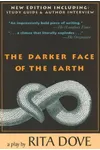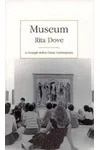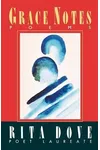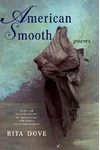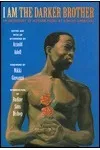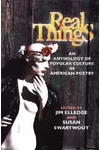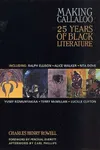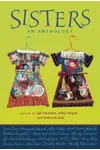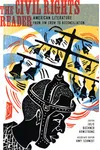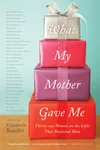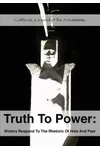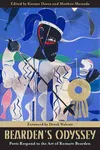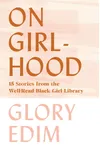Picture a poet who spun history, identity, and love into verses that dance off the page—meet Rita Dove! Born in 1952 in Akron, Ohio, this Pulitzer Prize-winning wordsmith became the first African American U.S. Poet Laureate, captivating readers with her lyrical storytelling. Her work, blending personal and historical narratives, has made her a literary icon.
With a career spanning over four decades, Dove’s poetry and essays explore the human experience with grace and grit. From her National Medal of Arts to her groundbreaking tenure as Poet Laureate, she’s a trailblazer whose words resonate across generations. Ready to dive into her world? Let’s explore!
The Making of Rita Dove
Rita Dove grew up in a tight-knit family in Akron, Ohio, where her love for books was sparked early. The daughter of a chemist and a homemaker, she excelled academically, earning a spot as a Presidential Scholar. At Miami University in Ohio, she honed her craft, later studying in Germany and at the Iowa Writers’ Workshop. Her early influences—jazz, history, and her African American heritage—shaped her distinctive voice.
Dove’s career kicked off with her debut collection, The Yellow House on the Corner (1980), which showcased her knack for blending the personal with the universal. Her talent quickly caught attention, setting the stage for a remarkable journey in American letters.
Rita Dove’s Unforgettable Poetry
Rita Dove’s work is a tapestry of vivid imagery, emotional depth, and historical insight. Her Pulitzer Prize-winning collection, Thomas and Beulah (1986), is a standout, chronicling her grandparents’ lives with tender, unflinching detail. Inspired by their journey from the Great Migration to Akron, the poems weave love, loss, and resilience into a universal story.
Other key works include Mother Love (1995), a modern take on the Demeter-Persephone myth, and On the Bus with Rosa Parks (1999), which celebrates unsung heroes of the Civil Rights Movement. Dove’s style—lyrical yet accessible, personal yet historical—invites readers into intimate moments while tackling big themes like race, gender, and justice. Her later collection, Sonata Mulattica (2009), explores the life of Black violinist George Bridgetower, showcasing her ability to resurrect forgotten voices.
Whether she’s writing about family, music, or social change, Dove’s precision and empathy make her poetry timeless. Her essays, like those in The Poet’s World, further reveal her sharp intellect and passion for storytelling.
Why Rita Dove Matters
Rita Dove’s impact on American literature is profound. As the first African American U.S. Poet Laureate (1993–1995), she broke barriers, bringing diverse voices to the forefront. Her work amplifies marginalized stories, from enslaved women to civil rights activists, making history feel alive and urgent. Beyond poetry, she’s shaped the literary world as an educator, editor, and advocate for the arts.
Dove’s legacy lies in her ability to connect readers to their own humanity. Her honors—National Medal of Arts, Wallace Stevens Award, and more—reflect her influence, but it’s her words that endure, inspiring poets and readers alike to see the world through a lens of compassion and courage.
About Rita Dove
- Born: August 28, 1952, in Akron, Ohio
- Key Works: Thomas and Beulah, Mother Love, Sonata Mulattica
- Awards: Pulitzer Prize (1987), National Medal of Arts (2011), U.S. Poet Laureate (1993–1995)
- Fun Fact: Dove is also a skilled ballroom dancer and has written about dance in her poetry!
Ready to fall in love with Rita Dove’s poetry? Grab Thomas and Beulah and immerse yourself in her lyrical world!

